The Different SEO Agency: Get CMOs To Do Your SEO
We're the SEO company that gets results. We make content that gets traffic, leads, and sales:
- Understand Your Brand: We know what works in most industries like B2B, SaaS, and e-commerce.
- High Ranking Content: We write blog articles that people read. We rank high and improve KPIs.
- Written By Experts: Our articles match your brand voice. Find your ideal customers. And convert them.

Get On Brand SEO Content That Sounds Like You Wrote It
Our CMOs plan and write high quality articles for you. Focused on conversions:
1. Product Led Content

Our articles are easy to read. And they're based around your product.
We target keywords your customers are searching for. And link it to your brand.
2. Matches Brand Voice
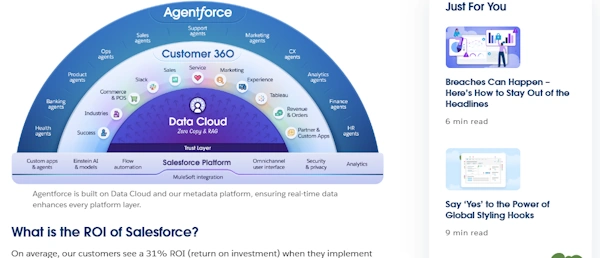
We write content that meets your brand guidelines.
We can add your colors, logos, and make it look nice. While increasing traffic and leads.
3. With Product Photos
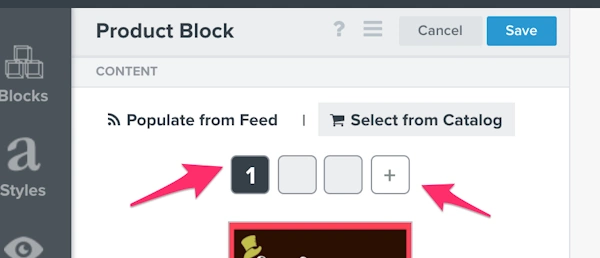
We find your ideal customer, and show them how your product solves their problems.
This helps them remember you. And increase conversions. And improve brand awareness.
Lower Your KPIs: Get More Conversions At Less Costs
Our CMOs make a plan based on what your company needs. Want more leads? More traffic? Want people to see you as a top brand?
Then we get to work. Our team researches and writes blog posts that turn visitors into customers.
We handle everything for your SEO content creation. Keywords, writing, reports — you name it. Increasing traffic, brand awareness, and sales.
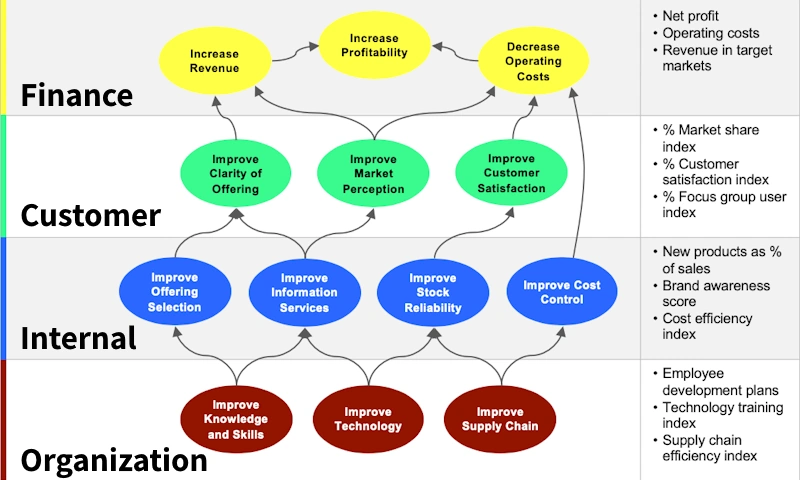

Make Your Brand Stand Out With Thought Leadership
Google puts the best content at the top. So your brand should show authority. Here's how we do that:
Our industry experts research and plan everything. Then real writers turn that into great content.
But we don’t just write blog posts. We link that content to your product. So readers become leads and sales.
- Easy-to-read charts and tables
- Clear answers to what people search for
- Brand logos, brand colors, meets brand guidelines
How We Build Long-Term Brand Value
We write great content for you. This brings in leads and builds your brand.
At first, you show up more in search and online research.
Then, your team can use that content in emails, social media, and sales.
Over time, people can start seeing you as a leader in your space:
Step 1: Discover & Plan
We audit your site and look for gaps. Then we research your market and top competitors.
We figure out what your audience is searching for. And how to reach them.
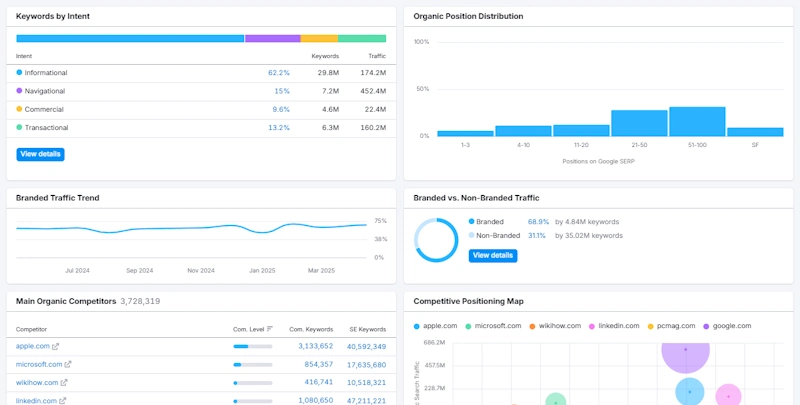
Step 2: Brand Content Strategy
We build a content plan that fits your brand voice and goals.
We focus on keywords that help you grow traffic and bring new leads.
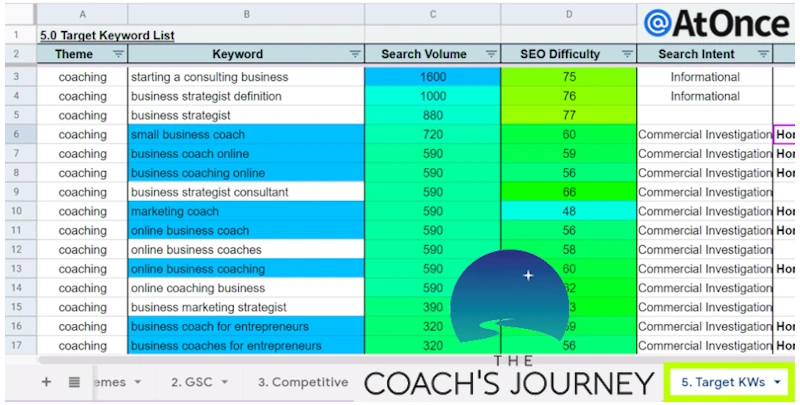
Step 3: Writing Content
We write blog posts that show your expertise and builds trust.
Every piece is designed to rank high on Google. And support your sales team.
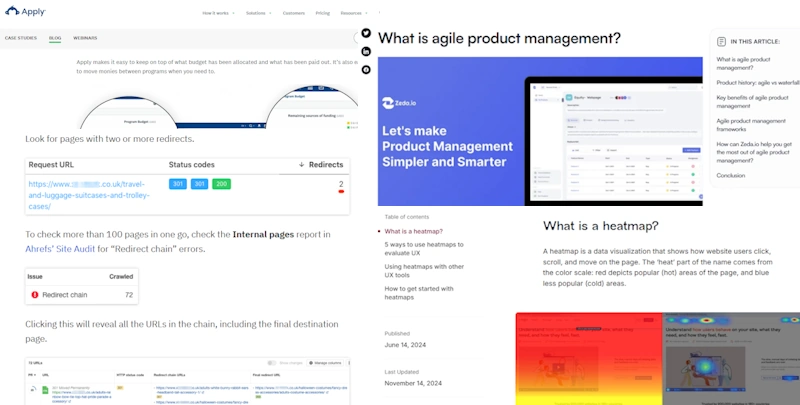
Step 4: Growth Mode
We add visuals, links, and polish everything for your brand.
We can write new articles. Improve existing content. And update it for you.
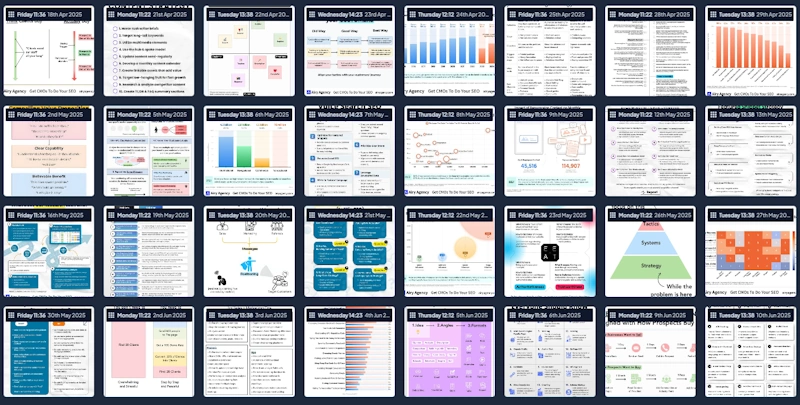
Grow Your Brand's Traffic And Conversions
We’ll handle the SEO strategy, write 10+ articles per month, and can make sure it goes live on your site.
We basically give you new, high quality content. Written by experts. Focused on conversions. Consistently on schedule.
